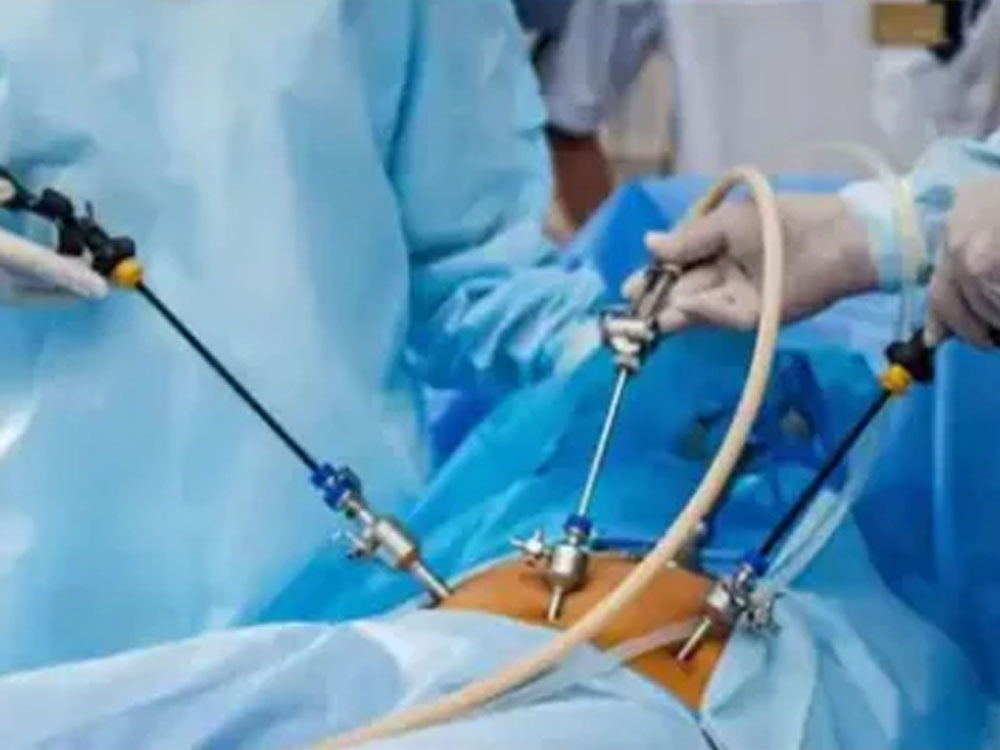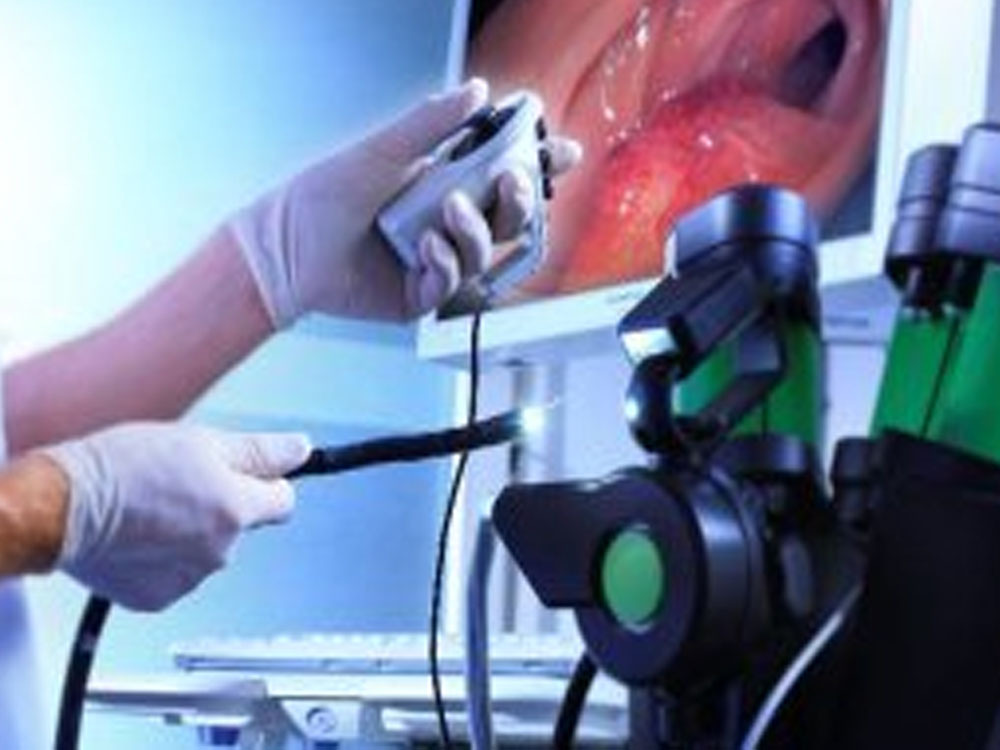Endoscopic services represent a crucial aspect of modern medical diagnostics and interventions, offering a minimally invasive approach to visualize and treat internal organs and structures. Endoscopy involves the use of specialized instruments with built-in cameras and lights, allowing healthcare professionals to examine the interior of various body cavities without the need for extensive incisions. Gastrointestinal endoscopy, for instance, enables the examination of the esophagus, stomach, and intestines, facilitating the detection of conditions such as ulcers, polyps, and gastrointestinal bleeding. Additionally, endoscopic procedures are widely employed in fields like pulmonology, urology, and gynecology, providing a versatile and effective means of diagnosis and treatment. The advantages of endoscopic services include reduced patient discomfort, quicker recovery times, and lower risks of complications compared to traditional surgical methods. Common endoscopic interventions include the removal of polyps, biopsies for cancer diagnosis, and the treatment of conditions like gastroesophageal reflux disease (GERD) through procedures like fundoplication.


